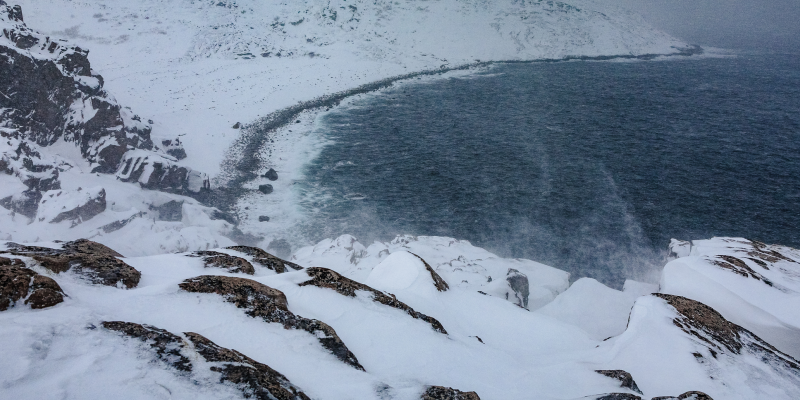
The bill, which will allow selling the catch to amateur fishermen, may be submitted to the Duma in the coming weeks. According to Konstantin Dolgov, a member of the Federation Council from the Murmansk Region, active work is currently underway to get the necessary feedback from the Russian Government as quickly as possible.
"The review is being worked out in close cooperation with the relevant departments. I personally expect that it will be ready next week, then there will be an opportunity for its prompt introduction to the Duma, " the senator said.
Recall, initiative Murmansk oblast on the free market catch anglers have already been approved in principle by the Government of the Russian Federation and the government Commission on the development of the fisheries industry. Our region is among the four pilot regions where the initiative will be implemented.
As the senator explained, a number of departments have made comments on the text of the bill, which will require further development of the document. Nevertheless, it is planned to submit the bill to the Duma in the near future.
"The most important thing now is to ensure that the bill is submitted to the Duma as quickly as possible. Here is what we are actively working on with the Government of the Russian Federation, the State Duma, with the support of Governor Andrey Chibis. It is fundamentally important to adopt the document already during the spring session, " Konstantin Dolgov stressed.
After the approval and approval of the draft federal law, polar fishermen will be granted the right to sell aquatic bioresources caught during amateur fishing. This should happen this year.
For your reference:
For amateur fishermen in the Barents Sea, the fishing rules set a daily catch rate of 100 kg of marine fish (cod, haddock, saithe, catfish, flounder, herring) and 100 kg of capelin and saika. From March to October, an average of about a thousand local residents of Teriberka, Ura-Guba, Liinahamari, Pechenga, Ostrovnoye, Alexandrovsk, and Murmansk engage in marine amateur fishing. The total catch per year does not exceed 1 thousand tons of various types of aquatic bioresources allowed for extraction.
